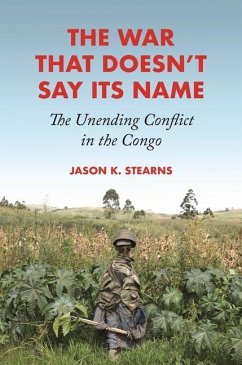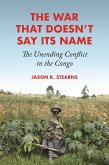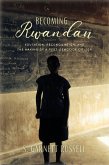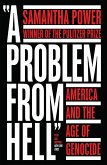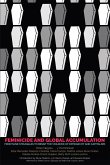"The Congolese conflict has been dubbed a "forever war," a conflict that defies resolution. As of 2016, the Congo was experiencing its twentieth year of violent conflict, one of worst humanitarian calamities of our time and climbing the all-time charts. According to one study, 5.4 million people have died between 1998 and 2007 alone, largely from disease, though fighting and violence is ongoing to this day. This study aims to explain the most recent phases of the conflict, why it has lasted for so long, where diplomats and peacemakers have gone wrong in their approach to solving the violence, and how the Congo can help us understand contemporary armed conflict more broadly. Using the Congolese conflict as an illustrative case study, the author argues that three factors determine why conflicts there have persisted in some places while dwindling elsewhere: the cohesion, political culture, and constituencies of the belligerents. He finds that the more fragmented the belligerents, the more protracted the conflict becomes, and as they shift to see the conflict as an end in itself and to perceive violence as an acceptable and necessary tool of politics, the longer the conflict lasts. Finally, he develops a theory for how social constituencies shape negotiations between belligerents and the government by providing guarantees, brokering contacts, and presenting commitment problems"--

